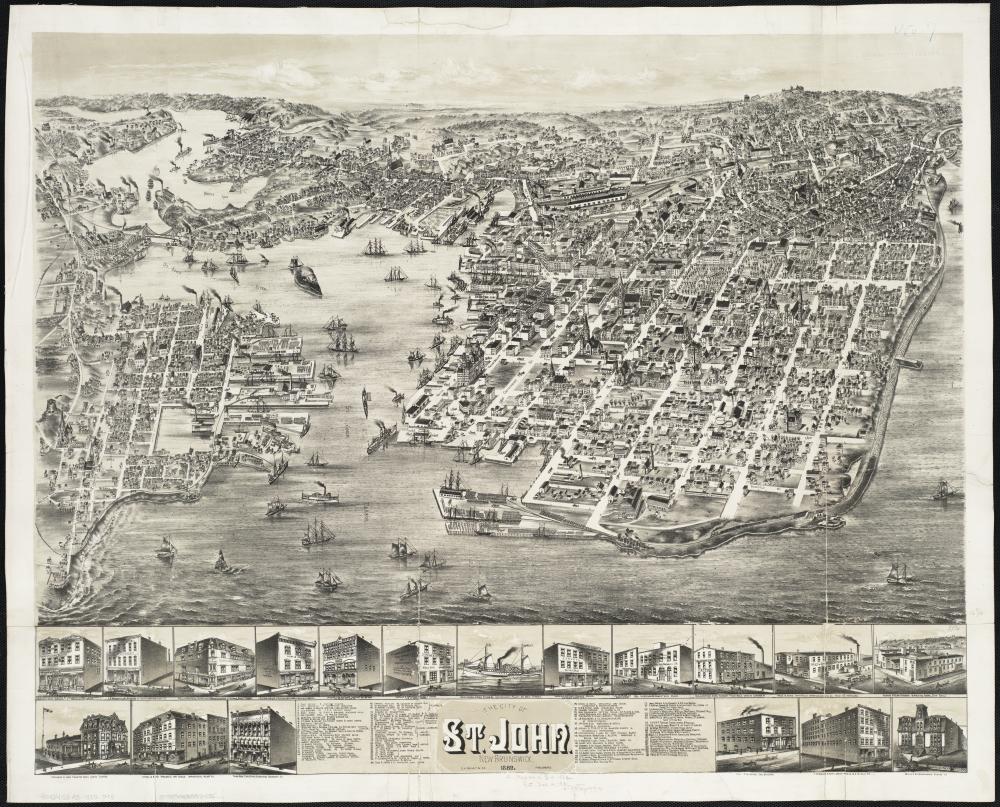In Sickness and in Health: the Black Refugees at Hammonds Plains, winter 1827
During the War of 1812, an estimated 2,000 slaves escaped America and arrived at Nova Scotia. Continue Reading »
During the War of 1812, an estimated 2,000 slaves escaped America and arrived at Nova Scotia. Continue Reading »
With the scarcity of sources for people of African descent in North America during the eighteenth century, the Book of Negroes is an amazing resource—particularly for those individuals who immigrated to what was to become eastern Canada. The Book was produced at the end of the American Revolution in New York and it nominally recorded Black Loyalists during a time when people of African descent were all too often recorded as mere numbers. Continue Reading »

The poem now commonly known as “The Night Before Christmas” was originally published anonymously in 1823 by the Troy Sentinel (New York). It has been integral in the formation of the modern North American vision of Christmas; in particular, the appearance and role of St. Nick or Santa Claus. Continue Reading »
Following from last week’s post, you will find in this entry a listing of practical “Tricks” to help in identifying surnames in primary documents, as well as a collection of resources which will aid in this undertaking. Continue Reading »
As a continuation to the last post, Who is That?!: Help with Eighteenth and Nineteenth Century Given Names, here are some “Tips” to assist in the interpretation of last names with a focus on Maritime Canadian resources, although many of the following suggestions are applicable elsewhere. Continue Reading »
Dorcas, Nehemiah, Mehetabel, Eliphalet . . . If you have done any research with early North American documents, you have probably noticed that some names were fairly common in the past that are certainly not common today. This change over time in naming traditions may leave the modern reader puzzled. There are, however, some background knowledge and tricks that will help in the interpretation of early Canadian and American given names. Continue Reading »
Our readers will be interested in the Morristown National Historical Park Museum & Library's blog which recently included a web series addressing the challenges of palaeography: Continue Reading »
John Saunders was born and raised in Virginia from a well-established and wealthy family. Saunders’s staunch loyalism had a two-fold motivation: firstly, because of the economic considerations, and secondly, and even more importantly, because he strongly believed that being a loyalist would help determine the importance and influence of his family. Later in his life, he stated that he had been taught since infancy “to fear God and honor the King.” Continue Reading »